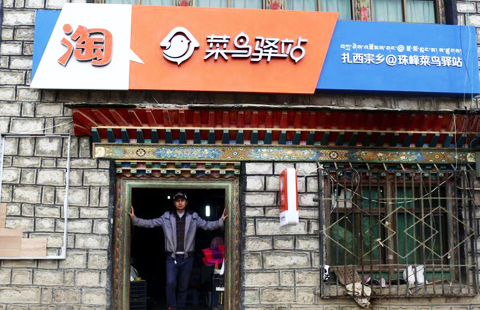Belt and Road provides glowing example of growth
By LUO WEITENG (China Daily) Updated: 2016-09-27 10:00Stretching across Eurasia and Africa, with its huge ribbon of newly-developed infrastructure, the high-profile Belt and Road Initiative stands out as a refreshing example of growth for manufacturers and producers in China's energy-guzzling heavy industries-that are grappling with the thorny issue of overcapacity at home-analysts said.
The infrastructure-hungry nations along the route may generate enormous demand for industrial metals and energy, said Zhu Yi, a Hong Kong-based analyst at Bloomberg Intelligence.
For Asia alone, the region's infrastructure financing needs will reach an estimated $8.2 trillion or even more from 2010 to 2020, with about $4 trillion to $6 trillion in investments going to countries and regions covered by the Belt and Road strategy, according to the Asian Development Bank.
"Experience shows that every 100 million-yuan ($15 million) of spending on railway construction can contribute as much as 3,000 metric tons to steel demand," said Wu Yuetao, senior researcher at government think tank China Center for International Economic Exchanges.
India, Brazil and the African countries, in particular, are set to take the torch of progress from China with a growing appetite for steel and other basic materials in the construction of infrastructure projects.
This may deliver some respite to the overcapacity woes in China, which is facing the daunting task of slashing steel production capacity by up to 150 million tons by 2020, said Zhu.
- Belt and Road Initiative supports firm's sales
- China's Belt and Road Initiative to stimulate Asian, global economic growth: Bangladesh economist
- Belt and Road initiative 'a new step in globalization': former French PM
- Belt and Road Initiative has 'surpassed expectations'
- Vice Premier urges efforts to promote Belt and Road Initiative
- Initiative offers integration boost
- Making insurers transparent
- Spotlight shines on outbound M&A
- The great Chinese insurance rush
- Maid-themed café in Hangzhou
- 25-year-old leads world's highest package delivery service
- IMF senior official says restructuring is essential for country to avoid debt crisis
- Smartphone screen replacement presents big dilemma


















